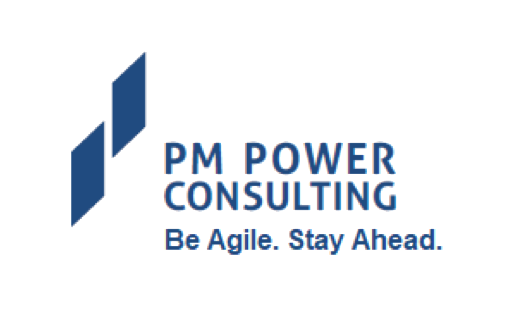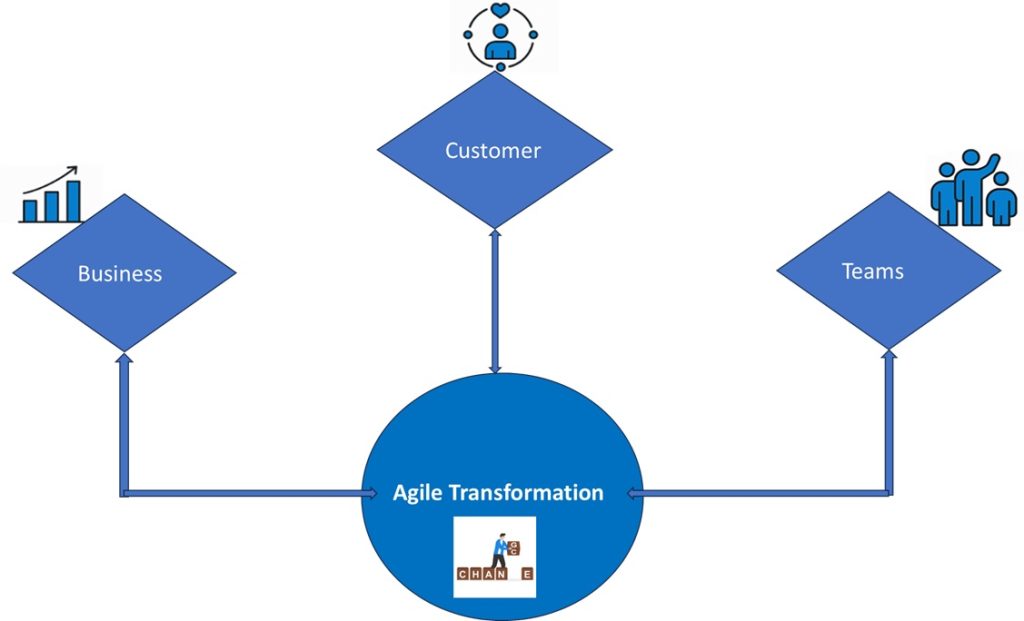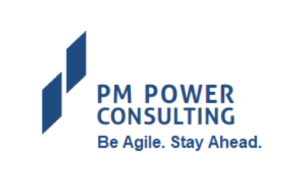When we started on the journey of PM Competency Development using our ProMentor Framework, one of the inputs was the assessment of the individual. This was done based on formal inputs from their managers, using custom in-house instruments; as well as a self assessment. The self assessment would include a one-on-one interaction where we could co-relate it with the formal inputs and help the individual arrive at the areas of development.

These development areas would span the hard and the soft aspects of the project management. There would be three to four coaches working with a batch of 20-25 persons. We would compare notes from our interactions as well review plans and progress. It was evident that a few areas for development were common, along with some specific ones. The chart on the left indicates the different areas and their percentages from one such engagement. Below is a sample of the details from the identified list. Please go through and you will see that many of them may be applicable to your organization and context as well.
| Area | Competency for Development | Suggested Activities | Methods to be used |
| Communication | Verbal communication skills Assertiveness | Develop ability to communicate verbally effectivelyDevelop assertiveness skills | • Training • Being a trainer for a internal training session • Practice in project situations / communication with customer • Support by Coach |
| Scope | Overall Product / Project knowledge | Developing a comprehensive understanding of the systems being worked on. | • Self learning • Presenting the big picture to the team |
| Risk | Risk Management | Ensure risks are identified, monitored, tracked and managed actively in the project for the areas responsible for | • Project assignments • Peer review of risk plan |
| HR | HR Management | Develop ability to motivate team and get things done Develop ability to handle conflicts Develop ability / leadership to get things done in the team | • Training, as needed • Informal assessment of team motivation • Support/guidance by Coach |
| HR | Conflict Management | Avoiding conflicts by being alert to causes and addressing them early. | • Exercises/ role plays • Project assignments • Support by Coach |
| Time | Schedule Control, plan for including quality activities. | Plan for quality activities in the schedule. Track the project. | • Project assignments • Support by Coach • Project Quality Coordinator role |
| Time | Schedule Control | Tracking project and identifying corrective and preventive actions for staying on track. | • Project assignments • Review of preventive/ corrective actions by a peer/manager |
The development plan would be tracked regularly in either a two way or a three way meetings between the individual, line manager and the coach. The progress/results would vary with some being marginal to some being significant. The realization by the individual that things could change, it’s acknowledgement by the line manager and the support of the coach provided strong impetus for the development. One positive side effect was a sharing at individual, line manager and coach levels on what worked and what did not work. This was triggered by chance encounters and informal interactions and soon coalesced into a formal PM Community.






One Response
Hi Dipanjan, Thanks for giving these great ideas on Project Managers to boost our knowledge and responsibilities. You have shared useful tips that help in our project surely, I will recommend this blog to my team.